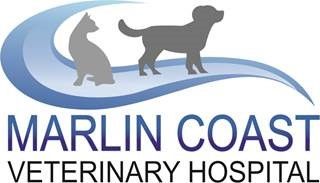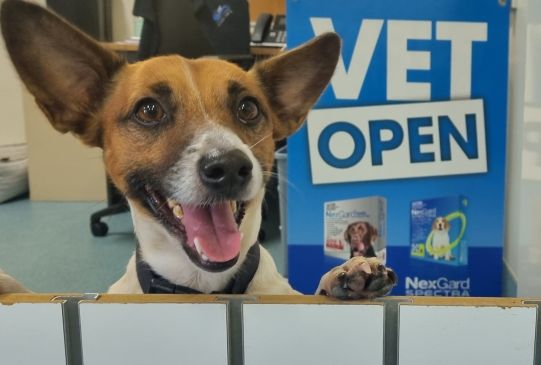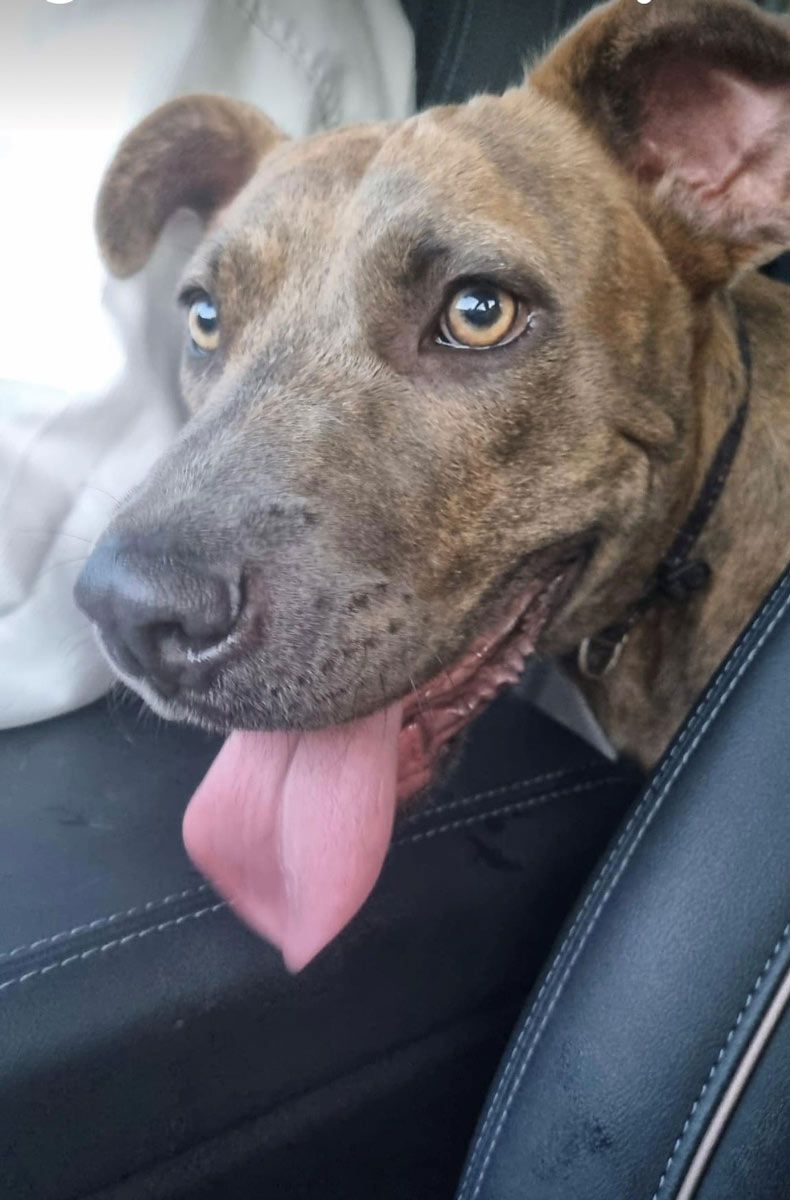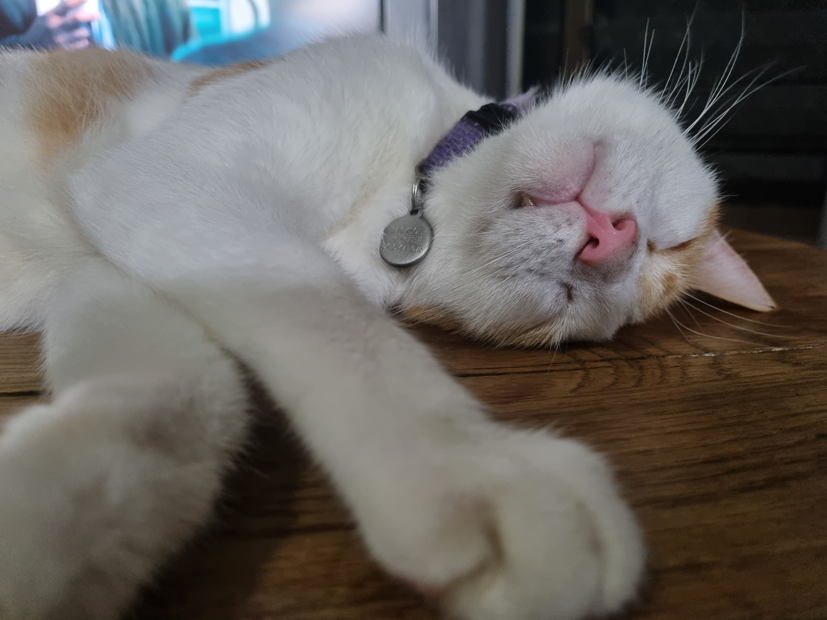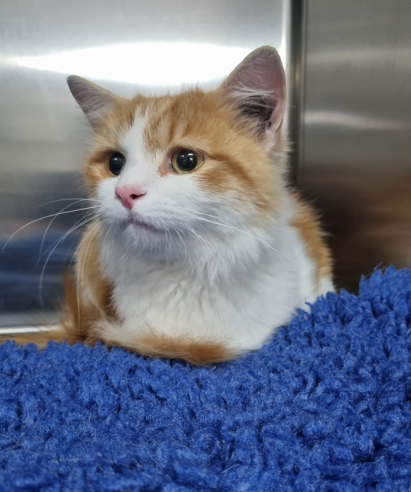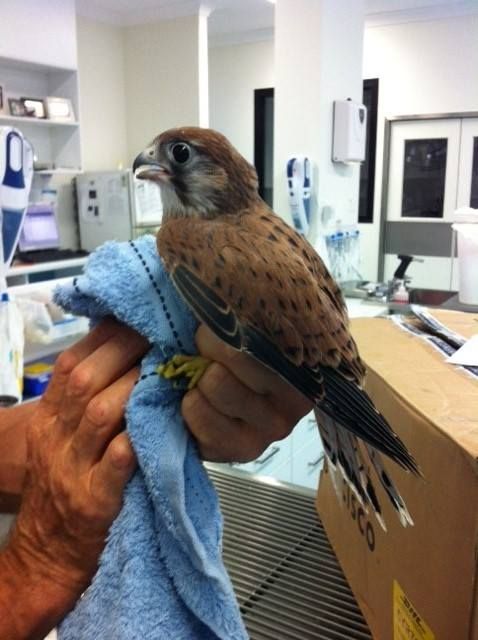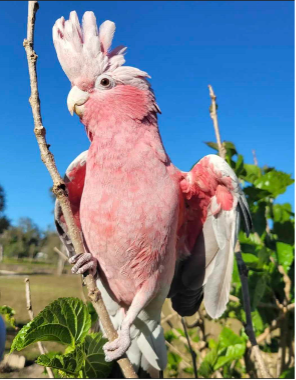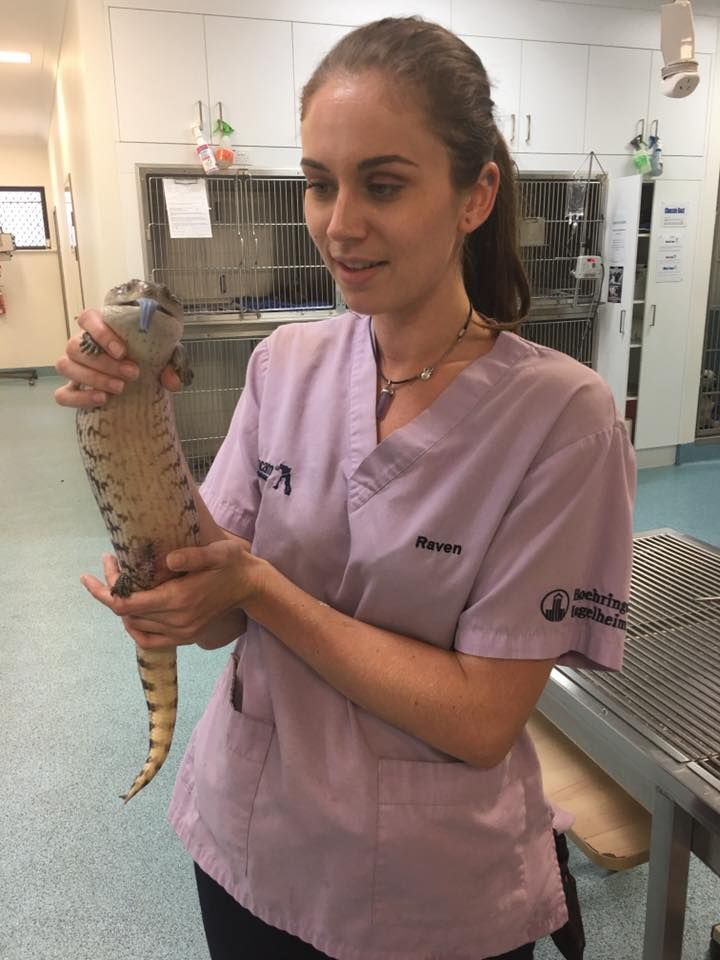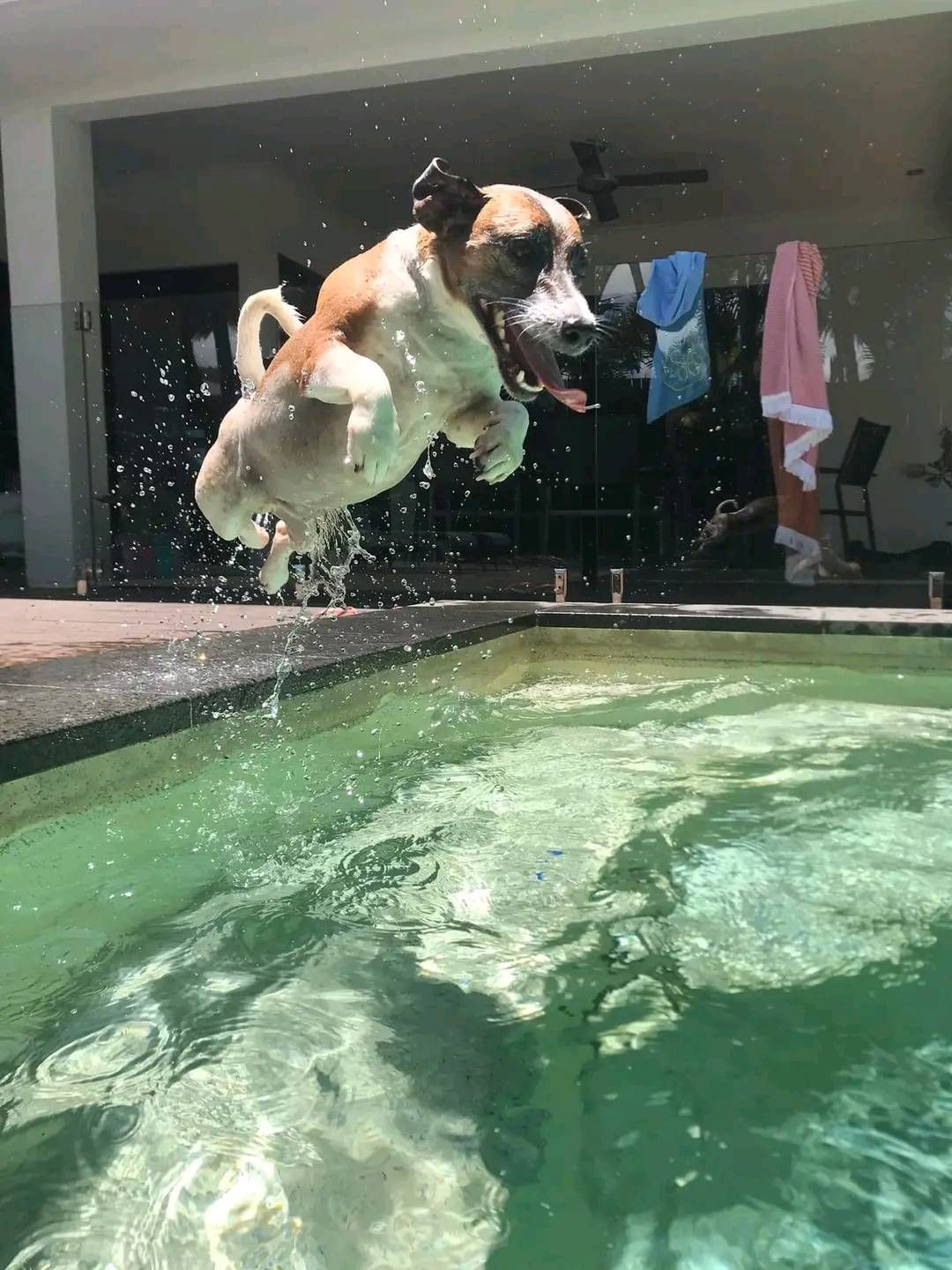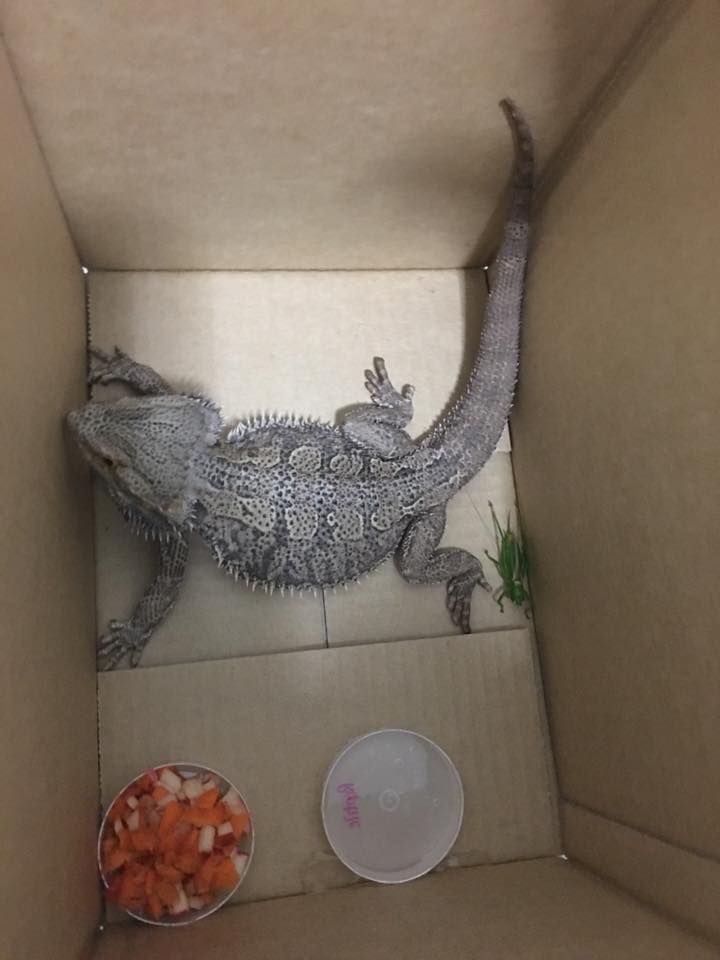Dog Care
Owning a dog provides companionship, loyalty and affection for people of all ages and is an invaluable addition to families and individuals.
However, it is important to find the breed of dog most suitable to your particular lifestyle and be aware of the responsibility that comes with dog ownership before you adopt or purchase a dog. As your vet, we are willing to discuss the many aspects of dog care, including breed-specific medical problems and routine healthcare, such as vaccinations, flea and tick control, desexing and worming that your future dog may need.
After purchasing your puppy or dog, there are several important aspects of their care to consider:
- We strongly recommend that you insure your new dog. Please see our information sheet on insurance for more about this topic.
- Suitable bedding, such as washable rugs, cushions or blankets, needs to be provided in a weatherproof kennel or indoors.
- A secure area, such as a dog-proof yard, is essential. Your dog should never be left unsupervised when tethered.
- All dogs need daily exercise and mental stimulation to help avoid behavioural and health problems. Dogs view their human owners as being part of their pack and can develop behavioural issues if they feel neglected or excluded. It is also vitally important that dogs are socialised with people and other dogs from an early age in order to learn appropriate interactive behaviours.
- All pets require a minimum of one health check a year. On average, dogs age five to eight times faster than humans, allowing major health changes to develop in a relatively short amount of time. The risk of cancer, diabetes, obesity, arthritis, heart disease and other serious conditions all increase with age. However, visiting our clinic helps us diagnose, treat or even prevent health problems before they become life-threatening. Routine vaccinations, flea and tick control and worming are also recommended. A visit to us is also a good opportunity to ask about nutrition, behaviour, and other issues.
- Nutrition is an important part of your dog’s care. A healthy and balanced diet is essential. This will provide protein to build the body, fats for skin and coat health, carbohydrates for energy, and minerals and vitamins for good bone development and healthy tissues.
- It is essential to keep your dog’s teeth clean. A regular dental care routine will minimise tartar build-up on your pet’s teeth. Never give your dog cooked bones, as these can be brittle and easily splinter, causing harm to your dog.
- Fresh water bowls must always be available for your dog. They should be kept clean and placed in the shade.
- Grooming and brushing are essential, particularly for long-haired breeds. This helps remove dust, dead skin, loose hairs, grass seeds, and tangles, and it also assists in shortening the coat moult, which occurs every autumn and spring. Dirty or smelly dogs should be bathed. However, keep in mind that frequent shampooing can strip the natural oils from the coat and cause skin dryness and irritation.
Our staff are always keen to discuss routine healthcare for your current or future pets. For further information about pet care in Trinity Beach, please phone Marlin Coast Veterinary Hospital during business hours.
Cat Care
Cats can make excellent companions and are wonderful pets. However, with an average lifespan ranging from 15-20 years, owning a cat is a long-term commitment, and their needs must be carefully considered.
Before you bring your cat or kitten home, we suggest you contact your local council and enquire about its regulations regarding such things as night curfews, compulsory containment within a property, desexing and microchipping.
A cat’s housing needs are simple. Whilst they usually find a corner that suits them best indoors or outdoors, provide a basket, box or chair in a place where they feel safe and protected. Increasingly, people are using cat enclosures for outdoor cats. Placed in a weatherproof area, they keep them safe from neighbourhood cats and protect local wildlife. Indoor cats generally live longer and lead healthier lives.
A scratching post is recommended for your cat to keep their claws in good condition for climbing and defending themselves. This will also reduce the chances of your furniture being scratched.
Cats like to be clean at all times. As a result, cats can easily be toilet trained if a litter tray filled with dry earth, sand, or cat litter is available. The litter tray should be cleaned daily to remove faeces, and the litter itself should be changed frequently. Ensure the litter tray is placed in a quiet and private location. You may even need multiple trays if you have more than one pet cat. A good rule of thumb is one tray for each cat plus one extra.
All cats need to exercise. As cats naturally like climbing and perching themselves up high, trees and fences, for example, provide good opportunities for them if they have outdoor access. Indoor cats, however, will use furniture to climb and perch. Once again, having a scratch pole or indoor cat gym will give an indoor cat an effective alternative. Providing higher perching locations will also give your cats a more enriched environment.
Most cats require grooming assistance from their owners to remove excess hair. This helps in the reduction of furballs/hairballs and matted/tangled fur, which, if left, may result in a visit to us. Except at moulting time, short-haired cats are able to groom themselves adequately. In contrast, long-haired cats require daily grooming by their owners. Furballs or hairballs can cause appetite and weight loss and, in a worst-case scenario, result in surgery. During the moulting season, daily brushing is essential, and food designed specifically to assist with the reduction of hairballs will also help your cat process shed hair. Unlike dogs, you should not need to bathe a cat.
Most cats are grazers, so we recommend feeding small amounts often. They require a high protein and fat diet. There are many formulations of cat food available, and we recommend discussing your cat’s individual nutritional needs with us to choose the most suitable formula. Raw chicken wings/necks are excellent for maintaining good dental health.
Ensure a freshwater bowl is accessible at all times, especially if they have a dry food diet. Whilst many cats love to drink cow's milk, it's not recommended as they can be lactose intolerant and experience stomach upsets.
Cats require a minimum of one health check per year. Regular visits help us diagnose, treat or even prevent health problems before they become life-threatening. Routine vaccinations, worming and flea control form the basics of feline medical care. We can also provide additional guidance on nutrition, behaviour, training and life-stage treatments available.
Bird Care
There are a huge variety of birds available as pets in Australia. Each variety has unique characteristics, colours, sizes, temperament and special needs, so it’s important that you learn and gather as much information as possible. This will help you choose the right bird for your needs and cater adequately for the bird’s needs too.
Some birds like handling, but others don’t. All birds are enjoyable to watch, listen to and have around. Some birds are great talkers, others have a beautiful song, and some bring endless fun antics to each day.
Learn all you can about the type of bird you are getting. Equipped with knowledge and understanding, you will better understand what to expect. You’ll then be able to provide the bird care it needs, resulting in maximum enjoyment.
Buying a bird is a serious commitment for at least five years, but some birds can even live as long as you! Keep in mind the following helpful checklist when making your decision:
Children caring for birds:
Owning a pet bird provides a child with companionship and teaches the child responsibility and care. Parents must still supervise the day-to-day care so that the bird is not neglected through ignorance or loss of interest.
Which bird?
A canary or budgerigar is a particularly good pet for a family with very limited space or modest means. They are suitable for people living alone, especially flat dwellers. The care of these caged birds could hardly be more simple or undemanding, but the individuality they show depends on the degree of freedom they are allowed and on the stimulation provided by their surroundings and their companions.
Male or female:
Only the male canary sings and whistles, and the male budgerigar is usually easier to teach to talk. There are important differences to be aware of between the genders of each species.
Healthcare routine:
Please ask one of our vets regarding a good healthcare routine.
Housing:
A well-designed and built aviary is the most satisfactory housing for birds, enabling them to live with freedom of movement and adequate opportunity for flight. Circumstances often dictate that birds are kept in cages, usually manufactured of metal with wire mesh screening. The minimum size of the cage to house one bird will depend on the breed of the bird. Queries regarding cage sizes should be referred to the R.S.P.C.A. The cage should be positioned in a well-lit, sunny area where the birds will have frequent human contact and in which it will be safe to be released for exercise if possible. A portable cage stand permits the birds to be repositioned for their comfort. Appropriate perches of varying sizes must be provided, as well as well-secured food and water troughs. The food and water receptacles should not be positioned beneath bird perches, and any accidental contamination of the food and water by bird droppings must be removed immediately.
Activities:
Ladders, bells, ropes, swings, mirrors, and suitable toys provide some stimulation for a caged bird but avoid over-furnishing as this will crowd the cage and may result in injury.
Protection:
At night, you should cover the cage to permit the bird to rest and protect it from draughts. Should the cage be placed outside the house at any time, it must be in a position that is safe from predators - cats and wild birds – that could scare or directly injure the bird. Birds should not be left in the sun without shade and should be protected from overheating on hot days.
Cleaning:
A tray on the floor of the cage will collect excreta and should be removed each day and thoroughly cleaned. The cage itself should be easy to scrub out, while water and food troughs and perches should be easily removable for cleaning purposes.
Handling:
It is important to train your bird to be handled, especially to permit examination for signs of ill health. Begin by letting them become accustomed to being handled in the cage. Soon they will become finger-tame, and then they may be able to be handled outside the cage. Handling birds, especially canaries, will require a lot of patience and gentleness.
Talking:
Some birds that have constant close contact with their owner will learn to talk. These birds can start to talk at about six weeks of age, and if they have not succeeded by six months, they probably never will. Teaching a bird to talk starts by using the same word repeatedly. Once the bird learns one word, new words or complete phrases may be achieved.
Feeding:
The caged bird's basic diet should consist of specially prepared seed mixtures. This diet should be supplemented with green foods and fruit. Cuttlefish bone should be available in every cage to provide many trace minerals required by birds. Fresh water is essential to a bird’s life and must be replenished frequently in hot weather or if it becomes fouled.
DO NOT FEED BIRDS AVOCADO, AS THIS IS POISONOUS.
Reptile Care
Most native reptiles are protected by law, which means they cannot be kept as pets. Usually, only zoos and fauna parks are given permits to hold these animals. Non-native reptiles are even more stringently controlled by law as they pose a significant risk to Australian ecosystems.
If you’ve found or rescued a reptile, tortoise, lizard, crocodile, snake or frog, it’s best to immediately arrange with an organisation like WIRES for the animal to be released back into the wild.
Reptiles and Frogs as Pets
Keeping non-protected native reptiles as pets requires special care and handling. Tortoises, lizards, snakes and frogs require certain living environments and healthcare routines. In general, most reptiles are shy animals, and handling should be minimal.
**VENOMOUS SNAKES, LIZARDS OR TOADS SHOULD NOT BE KEPT AS PETS**
Food
Domesticated snakes are usually accustomed to eating fresh dead mice, rats and chickens. Lizards may require a more complex omnivorous diet with special supplements mixed in. Tortoises are usually fed a meat-based diet, but calcium must be added to prevent shell deformities from developing. For all reptiles, it is essential to get specific dietary advice from us to meet the needs of the particular species.
Housing
The correct housing is essential for reptiles; otherwise, health problems will occur. Reptiles should not be kept in wire cages as injuries can result. The correct type of wood, glass or plastic enclosures must be used. Correct temperatures are very important, and some reptiles need to bask under a carefully regulated heat lamp. The heat lamp must be out of the animal's reach to prevent burns.
Humidity, ventilation and lighting need to be carefully proportioned and monitored.
Introducing larger rocks and gravel may be necessary to help with shedding old skin.
Space should be adequate to allow the animal to move about, explore and get some exercise. The floor of the enclosure may need to be a combination of sand, smooth gravel, leaf litter or absorbent paper. Special allocations may be required to enable the animal to find a suitable area for hibernation.
Clean water (preferably rainwater) must constantly be available for drinking and swimming or immersing to help regulate temperature and skin moisture.
Health Problems
Keeping reptiles as pets is much more involved than common pets, so health problems are often encountered due to incorrect housing, temperatures, humidity and diet. Problems can present from parasitic diseases caused by intestinal worms, skin mites, and various infections and injuries. Ensure you bring your reptile in for medical attention at the first signs of sickness or injury.
Professional Advice
All reptiles have specialised needs. Please visit our clinic to discuss the needs of your reptile with our veterinary staff at the earliest possible opportunity.
Life Cycle Feeding
Your pet's nutritional requirements will change as they age. Puppies need puppy food because it is higher in energy, calcium and protein, but feeding it to an adult dog can lead to obesity. Likewise, older pets need diets restricted in fat and supplemented with fibre for optimum health. Many premium senior diets also contain additives to assist in the management of arthritis and can make your pet more comfortable.
Please give us a call to discuss your pet’s nutritional needs. We will tailor a diet specifically for your pet that will give them the optimum quality and length of life.
Remember the saying ‘you are what you eat’ also applies to your pet!
We have a great range of premium pet foods available at the clinic, so please come in and ask one of our friendly staff about what sort of food would suit your pet.
